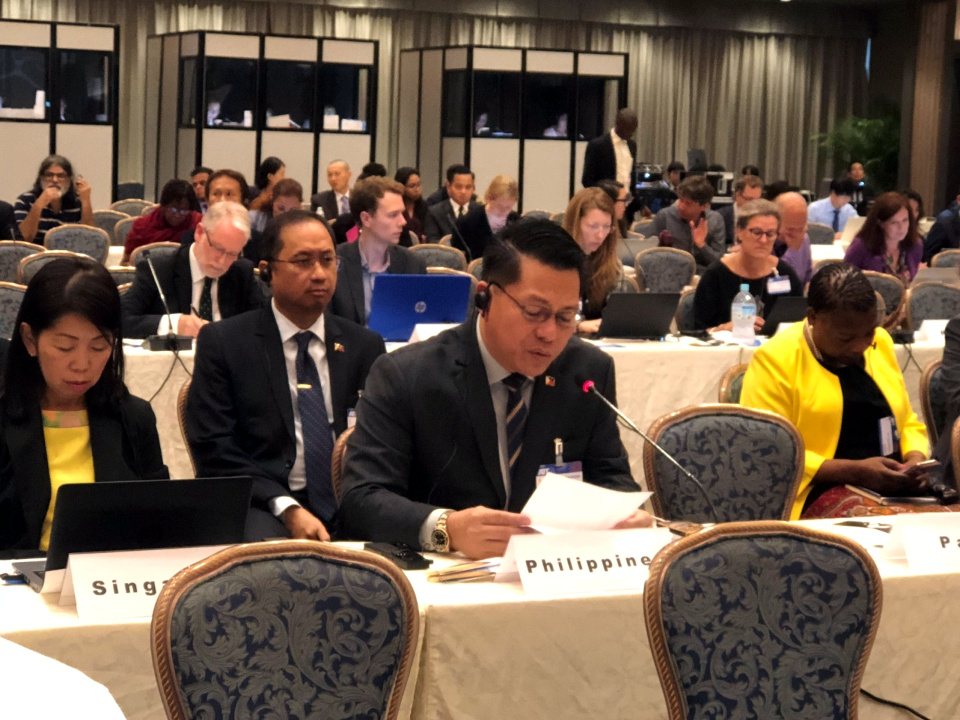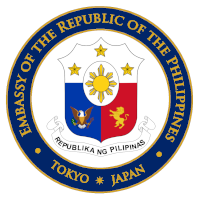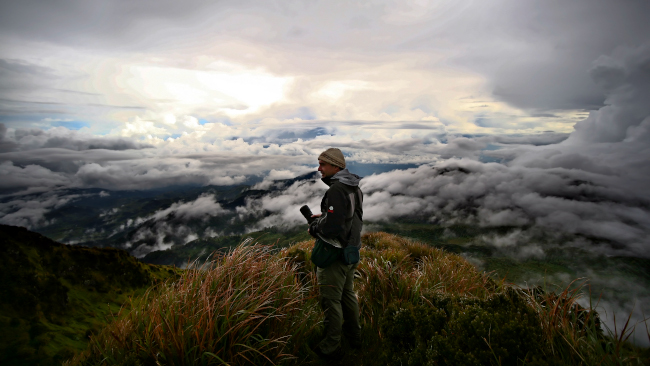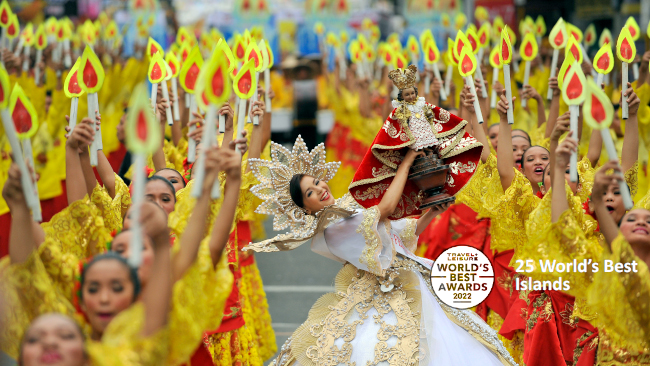The Philippines’ Contribution To International Peace, Security and The Rule of Law Through Determined Efforts To Curb The Illicit Traffic of Conventional Arms

Special Envoy for Transnational Crime Bruce Concepcion delivers the Philippine statement on its commitment to the principles and goals of the Arms Trade Treaty.
At the Fourth Conference of States Party to the Arms Trade Treaty in Tokyo, the Philippine delegation, led by Special Envoy on Transnational Crime Bruce Concepcion, presented the Philippine position on the Arms Trade Treaty, and reiterated Philippine commitment to the treaty’s principles and goals.
In his intervention, he pointed out that the Philippines, active in all the discussions surrounding the treaty since its proposal in 2006, was the first Southeast Asian country to sign the treaty. The Philippines’ active participation in this treaty stems from its belief in strong regulation of the arms trade to address the security, social, economic and humanitarian consequences of the illicit and unregulated trade in conventional arms and their illicit diversion. Special Envoy Concepcion stressed the Philippines’ commitment to playing its due role in upholding international peace, security and the rule of law. He presented the determined efforts of the Duterte administration to address a problem which impacts the condition and quality of people’s lives and the realization of a safe and secure society.
He explained the country’s strong measures and regulations and the coordinated action of all branches of government to implement the treaty even as the Philippines is still in the process of its ratification. Among robust measures of the Philippine Government are the regulation of the ownership, possession, carriage, manufacture, and dealing in and importation of firearms, ammunition or parts, the regulation through Customs Management and Tariff Act of export or import of sensitive items, and the prevention of proliferation of WMDs and their means of delivery through the Strategic Trade Management Act.
He shared that the Philippines’ commitment to curb proliferation and the illicit transfer of conventional arms is also pursued through its regional and international engagements. In February 2018, with the support of the Arms Trade Treaty’s Voluntary Trust Fund, a Training Course on Licensing, Investigation, and Enforcement Policies and Procedures in relation to the treaty was held. Through practices shared by States Party and expert groups in the framework of the Arms Trade Treaty, Philippine law enforcement and armed services are looking to enhance management of seized, confiscated and surrendered firearms, and to work with the European Union on more comprehensive regulation of the arms trade and strategic goods through risk assessment and other activities.
The Philippines signed the Treaty on 25 September 2013. The Arms Trade Treaty currently has 97 States Party. It was opened for signature on 03 June 2013, and entered into force on 24 December 2014. It was first adopted by the UN General Assembly to regulate international trade in conventional arms by establishing the highest international standards and to prevent and eradicate illicit trade and diversion of conventional arms.
To read the intervention, click here.































